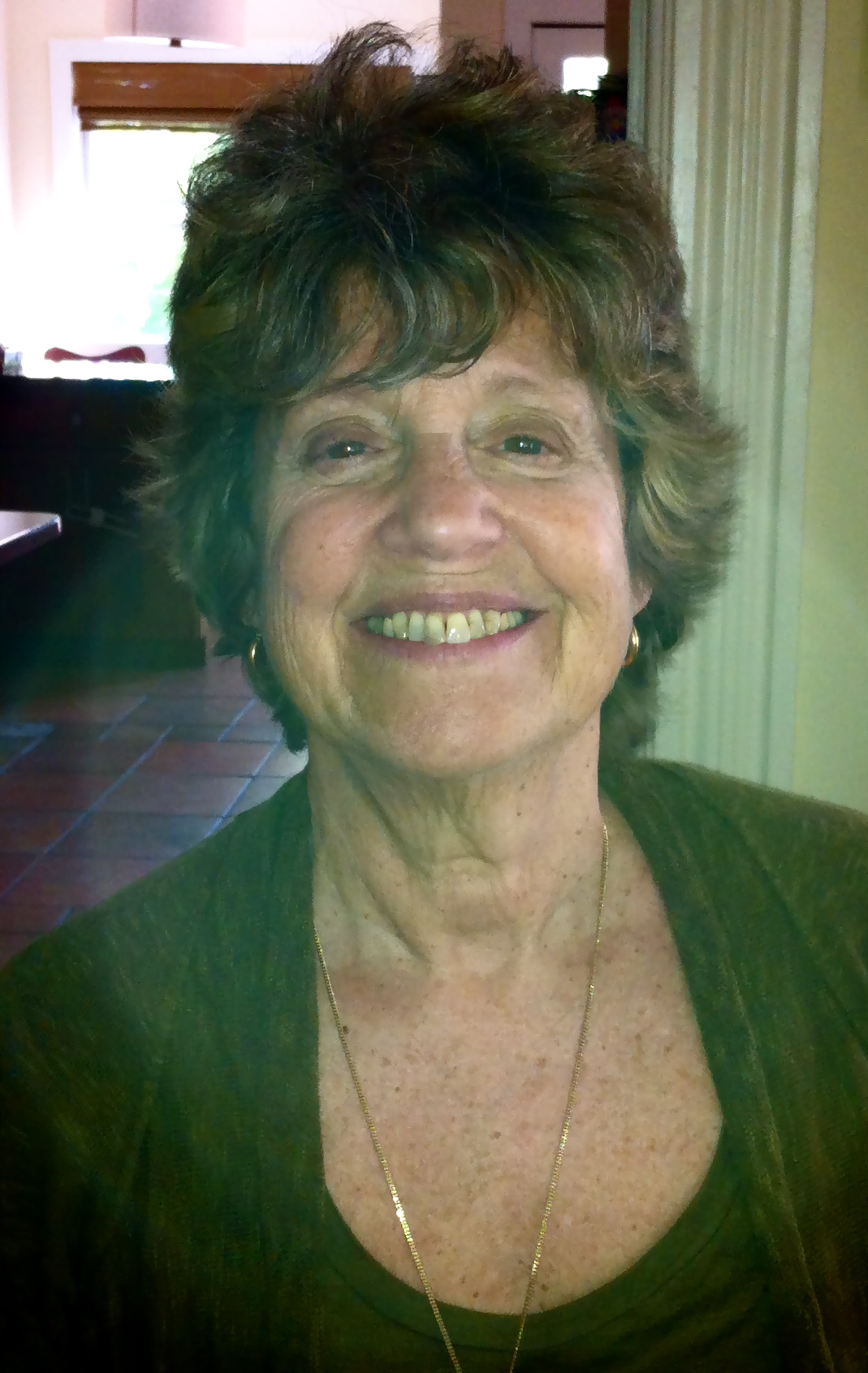Last week, the Hurston/Wright Foundation announced the nominees for the eleventh annual Legacy Awards, given to writers of African descent for books of poetry, fiction, and nonfiction published in the previous year.
The 2012 nominees in poetry are Aracelis Girmay for Kingdom Animalia (BOA Editions), Evie Shockley for The New Black (Wesleyan University Press), and Tracy K. Smith for Life on Mars (Graywolf).
The nominees in fiction are Nuruddin Farah for Crossbones (Riverhead), Tayari Jones for Silver Sparrow (Algonquin Books), Helen Oyeyemi for Mr. Fox (Riverhead), Danzy Senna for You Are Free (Riverhead), Jesmyn Ward for Salvage the Bones (Bloomsbury), and Colson Whitehead for Zone One (Doubleday).
The nominees in nonfiction are Tomiko Brown-Nagin for Courage to Dissent (Oxford University Press), Melissa V. Harris-Perry for Sister Citizen (Yale University Press), Sharifa Rhodes-Pitts for Harlem is Nowhere (Little, Brown), Binyavanga Wainaina for One Day I Will Write About This Place (Graywolf), and Mark Whitaker for My Long Trip Home (Simon & Schuster).
The winners will be announced later this fall and honored at the annual Legacy Award ceremony on December 1 in Washington, D.C.
The Bowie, Maryland-based Hurston/Wright Foundation—named for writers Zora Neale Hurston and Richard Wright—is a national resource center for writers, readers, and supporters of African American literature. Founded in 1990, the Foundation’s mission is to “discover, develop, and honor Black writers” at every stage of their writing career. In addition to the Legacy Award, the foundation offers a variety of literary programming, including awards, workshops, and residencies for African American high school and college students, and awards for businesses, educators, and community leaders that have demonstrated a commitment to African American literature.
The foundation’s board of directors and advisory board are comprised of writers and other members of the literary community, including Chinua Achebe, Henry Louis Gates Jr., Terry McMillan, Toni Morrison, and E. Ethelbert Miller.





 I stayed in upstate New York, working on a PhD from State University of New York at Albany. I was pursuing a degree in poetry and poetics, and it struck me that there were very few reading series taking place in the city. And so I, along with some fellow graduate students, established the
I stayed in upstate New York, working on a PhD from State University of New York at Albany. I was pursuing a degree in poetry and poetics, and it struck me that there were very few reading series taking place in the city. And so I, along with some fellow graduate students, established the  What makes your workshops unique?
What makes your workshops unique?